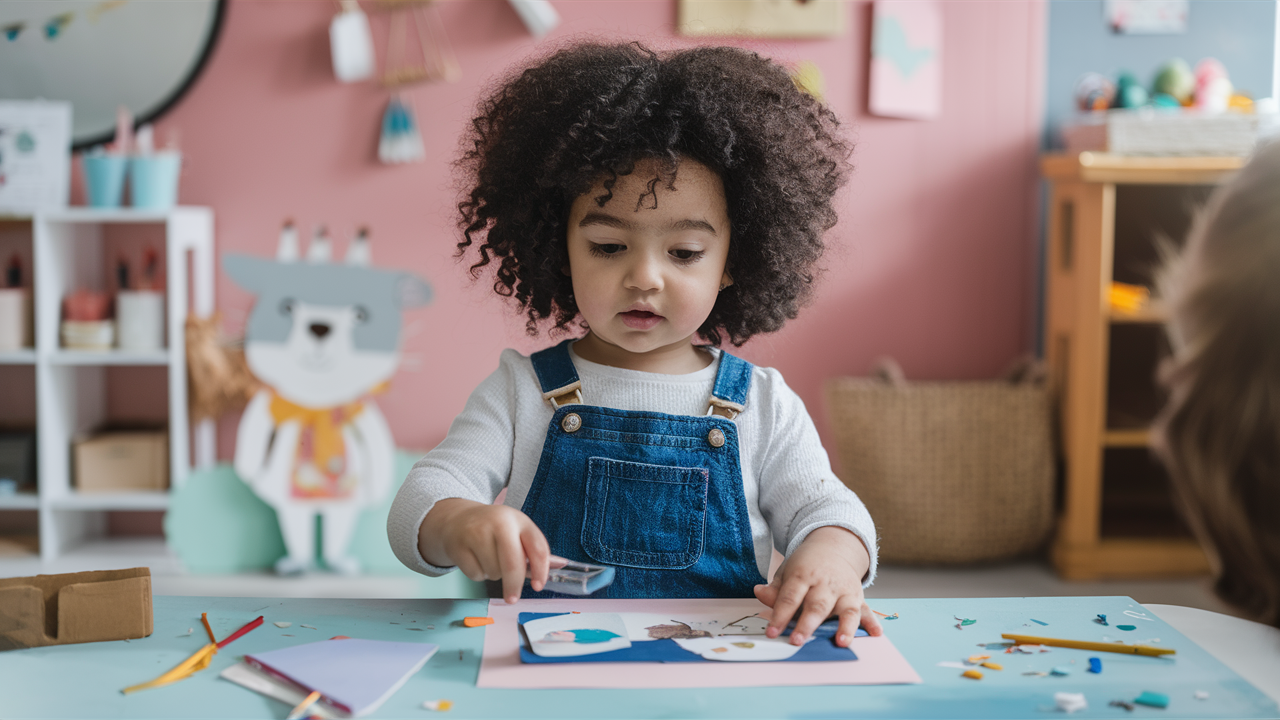
The Montessori Method: Cultivating Independence and Nurturing Potential Through Prepared Environments
The Montessori Method, developed by the pioneering Italian physician and educator Maria Montessori, stands as a cornerstone of progressive education. This child-centered approach emphasizes the inherent potential within each child and fosters their natural desire to learn and explore. Backed by psychological evidence and demonstrably effective, the Montessori Method offers a unique framework for nurturing young minds from infancy to adolescence.
Maria Montessori: A Life Devoted to Education
Born in Chiaravalle, Italy in 1870, Maria Montessori defied societal expectations. As one of the first female physicians in Italy, she witnessed firsthand the limitations of traditional educational methods for children with developmental disabilities. Her observations sparked a lifelong dedication to understanding how children learn best.
Through her work in Rome’s slum schools, Montessori observed the remarkable capacity of young children for self-directed learning in carefully prepared environments. She meticulously designed classrooms featuring specialized materials and activities that stimulated sensory exploration, fostered motor skills development, and ignited a love for discovery.
Montessori’s core philosophy emphasizes the following principles:
The Absorbent Mind: Children from birth to age six possess an « absorbent mind, » readily acquiring knowledge and skills from their surroundings.
Prepared Environments: Classrooms are meticulously arranged with developmentally appropriate materials that encourage exploration and independent learning.
The Role of the Adult: The adult acts as a guide and facilitator, observing children’s interests and presenting materials that nurture their natural curiosity.
Sensorial Learning: Sensory experiences are fundamental to early learning, forming the foundation for cognitive development and language acquisition.
Intrinsic Motivation: Children are driven by an innate desire to learn and explore, and the Montessori method fosters this intrinsic motivation by providing opportunities for self-directed discovery.
Psychological Evidence Supporting the Montessori Method
Decades of research support the efficacy of the Montessori Method. Studies have shown that children in Montessori environments exhibit:
Enhanced cognitive development: Montessori students demonstrate stronger performance in areas like math, language, and problem-solving.
Improved social skills: The emphasis on collaboration and respect within the Montessori classroom fosters better social interaction and emotional regulation.
Greater independence and self-confidence: Children in Montessori environments learn to solve problems independently, leading to increased self-efficacy and a sense of mastery.
Heightened creativity and critical thinking: The Montessori method encourages children to explore their own ideas and experiment with materials, fostering creative problem-solving skills.
Neuroscience also provides insights into the effectiveness of the Montessori approach. Studies suggest that the enriched sensory experiences and hands-on activities characteristic of Montessori classrooms stimulate the development of neural pathways, leading to a more robust cognitive foundation.
Beyond the Classroom: The Montessori Method at Home
The core principles of the Montessori Method can be readily adapted to the home environment. Parents can create « prepared spaces » with age-appropriate materials that encourage exploration and independent play. Simple activities like sorting objects by size or color, pouring liquids, or transferring materials can all contribute to a child’s development.
Here are some practical tips for incorporating Montessori principles at home:
Observe your child’s interests: Provide materials and activities that align with their current fascination, whether it be building structures, creating art, or exploring the natural world.
Offer choices: Allow children to make simple choices about their play activities, fostering a sense of autonomy and responsibility.
Minimize distractions: Create a calm and clutter-free environment that encourages focus and exploration.
Model respect and empathy: Demonstrate respect for your child’s efforts and interests, fostering a positive learning environment.
Montessori-Inspired Activities for Home: Spark Curiosity and Independence
The Montessori Method emphasizes fostering a love for learning through exploration and self-directed activities. Here are some home activities, suitable for different age groups, that you can use to inspire your child using Montessori principles:
For Babies (0-18 months):
Sensory Play: Create a safe space with textured fabrics, crinkly paper, rattles, and other objects for your baby to explore with their senses.
Mobile Mania: Make a hanging mobile with contrasting colors, shapes, and textures to capture your baby’s attention and encourage visual tracking.
Object Permanence Games: Hide and seek favorite toys to introduce the concept of object permanence and encourage searching skills.
For Toddlers (18 months – 3 years):
Practical Life Activities: Involve your child in simple daily tasks like setting the table, sorting laundry, or watering plants. This builds independence and fine motor skills.
Transferring Activities: Provide containers, spoons, and scoops for your toddler to transfer objects like beans, rice, or cereal. This improves hand-eye coordination and concentration.
Sorting & Matching Games: Offer trays with colorful objects to sort by size, color, or shape. This builds problem-solving skills and logical thinking.
For Preschoolers (3-6 years):
Sensory Walks: Take nature walks and encourage your child to collect leaves, rocks, or pinecones. Use these for sorting, counting, and creating nature art projects back home.
Food Preparation Fun: Let your child help with age-appropriate tasks like washing fruits and vegetables, mixing ingredients, or stirring batter. This fosters independence and practical life skills.
Dramatic Play: Provide props like dress-up clothes, cooking utensils, or doctor kits for imaginative play. This encourages creativity and social skills.
Tips for Montessori-Inspired Activities at Home:
Prepare the Environment: Create a dedicated space with child-sized furniture and materials readily accessible for independent play.
Focus on Quality Over Quantity: Offer a few well-chosen materials that encourage open-ended exploration rather than overwhelming with toys.
Follow the Child’s Lead: Observe your child’s interests and provide activities that align with their current fascination.
Embrace the Mess: Allow for exploration and minimize distractions. Montessori activities often involve a bit of a mess, so focus on the learning process rather than perfect order.
Minimize Adult Intervention: Let your child experiment and problem-solve independently. Offer guidance only when necessary.
In conclusion, the Montessori Method offers a compelling approach to education, By fostering a love for learning, cultivating independence, and nurturing each child’s unique potential, the Montessori Method continues to inspire educators and parents around the world.


